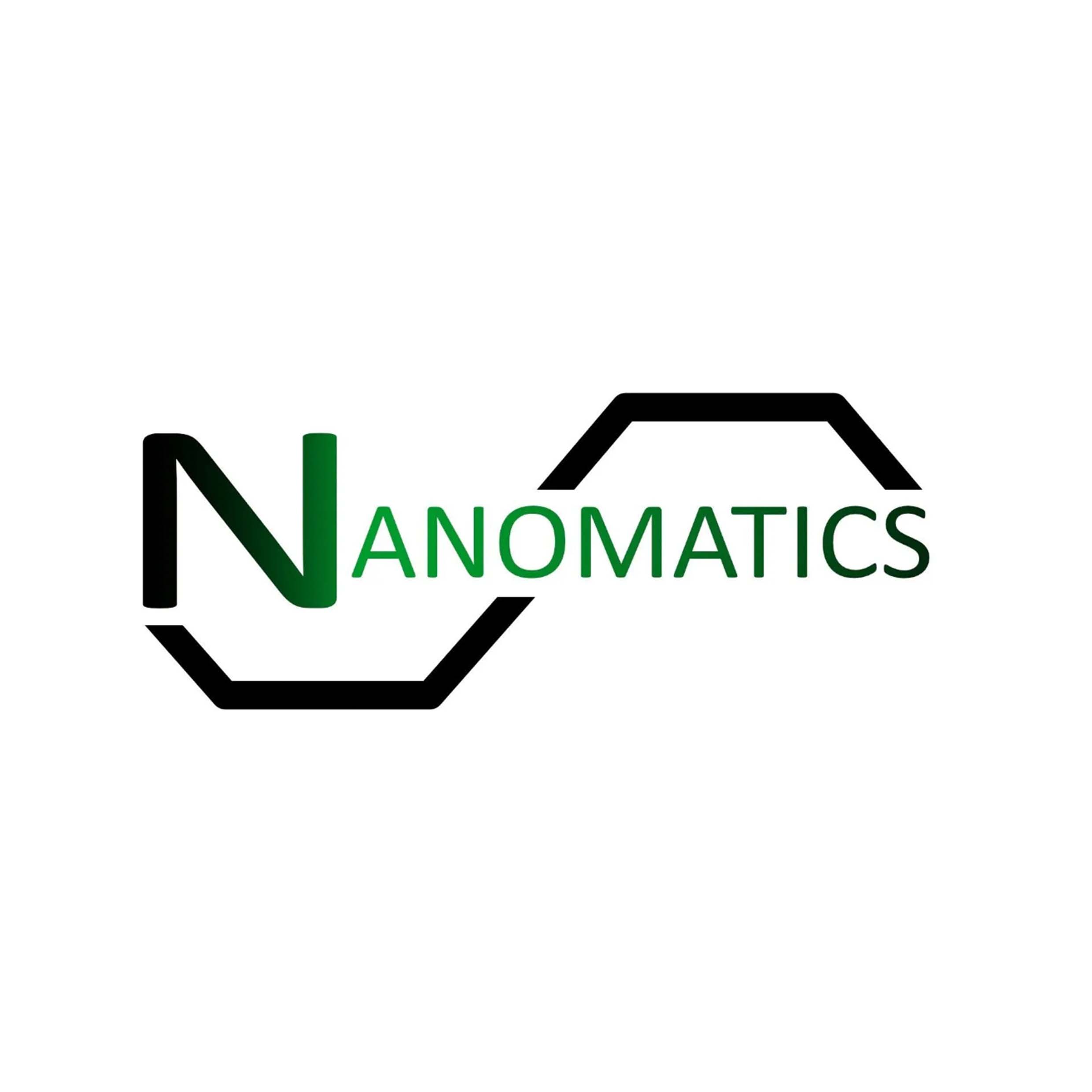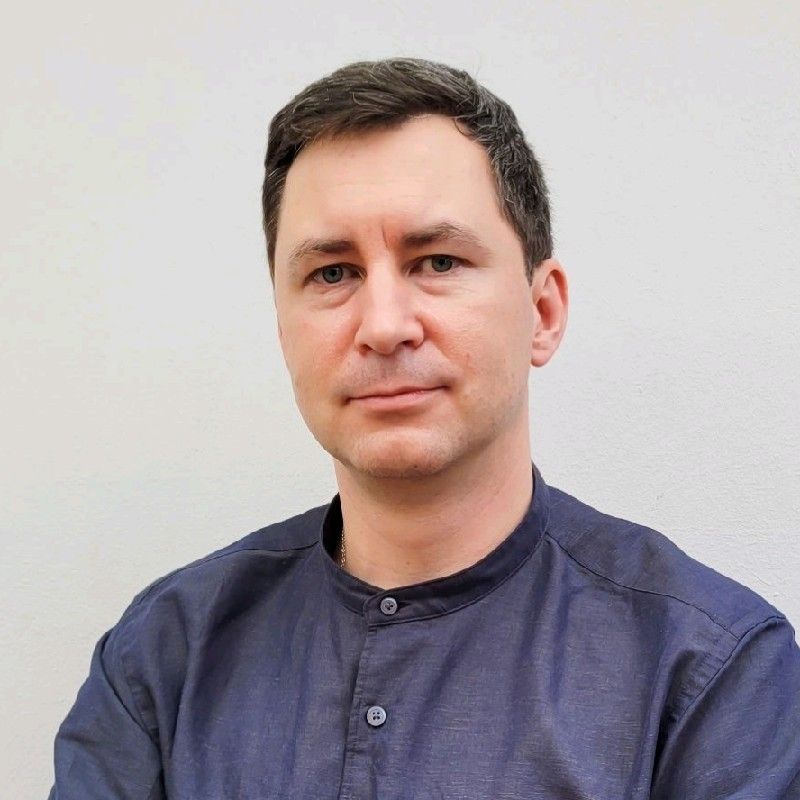
Nanomatics
Company Details
- Location
- Singapore, Singapore
- Website
- https://nanomatics-tech.com/
- Founded
- 2021
- Employees
- 1-3
- Funding
- Bootstrapped
Learn more
About Nanomatics
The problem we're solving:
Mixed contaminated plastics are expensive to recycle due to the need for cleaning and sorting. These plastic waste end up being incinerated or landfilled. Furthermore, 8 million tonnes of plastics leak into our environment annually.
Our solution:
Our thermal process ameliorates the post-consumer plastic waste problem by converting plastics into oil, hydrogen and solid carbon. In the first stage called pyrolysis, plastic waste is thermally decomposed in the absence of air into small volatile molecules. Some molecules can be partially condensed upon cooling to make fuel oil.
The second stage of the process transforms pyrolysis products into hydrogen and solid carbon. The process is configured based on the type of plastics and desired product output. Solid carbon will be either in a form of multi-walled carbon nanotubes or carbon black. Both types of solid carbon are manufacturing additives with applications in products such as plastic, batteries and tires to enhance conductivity, durability and strength.
After purification, hydrogen can be used in fuel cells for power generation.
Our differentiator:
The key advantage of technology is the capability to produce solid carbon and hydrogen from a variety of plastic waste streams with minimum pre-processing, including plastic packaging waste, marine plastic litter and household plastics. Another important competitive advantage of the developed technology is higher value recovery compared to conventional pyrolysis. This is due to the higher market prices of hydrogen and solid carbon products. Furthermore, the developed technology significantly reduces CO2 emissions compared to plastic waste incineration.


